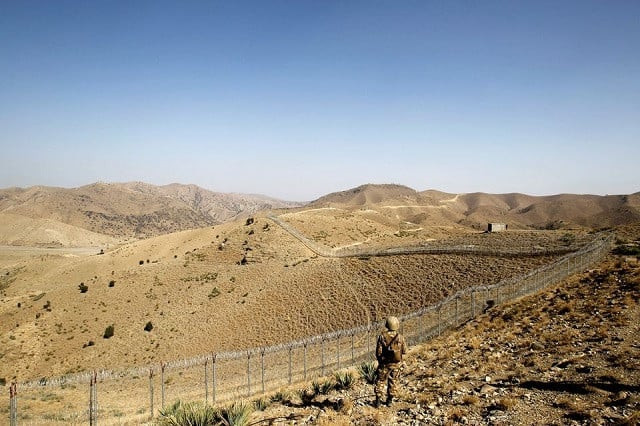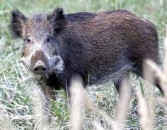‘Pak drone’ eliminated TTP targets in Afghanistan
Senior security officials refute claims that Pakistan violated the Afghan airspace

A Pakistani military drone successfully hit its targets during last week’s strikes — the first of its kind outside Pakistan.
The military drones targeted Tehreek-e-Taliban Pakistan (TTP) hideouts in Khost and Kunar provinces of Afghanistan. The strikes, according to senior officials, were carried out following intelligence reports that TTP affiliates were present in the area.
Senior security officials refuted the claims that the strike was carried out by the Pakistan Air Forces (PAF) jets or claims that Pakistan violated the Afghan airspace. They said that TTP bases near the Afghan border were targeted, where Pakistani security forces had planned attacks last month.
According to the officials, the targeted areas were occupied by the TTP, which were no-go areas for the Islamic Emirates of Afghanistan (IEA) itself, adding that the drone successfully hit targets and the TTP suffered heavy losses.
Read: The first eight months of the Taliban regime
“The area was cordoned off by the TTP in order to hide the killings of its commanders — even members of the IEA were not allowed,” an official said on the condition of anonymity. He, however, expressed the hope that more details would be shared in the next few days.
Security experts said that other countries’ concerns had been addressed by assuring them that the Afghan soil would never be used against any other country — Central Asian and specifically Russia.
“There were serious casualties last week and this is what was taken up with the IEA but they want us to engage with the TTP,” Brigadier (retd) Mehmood Shah said. However, he asked: “I seriously don’t know why would the IEA tell us to talk to the TTP. Who are they [TTP], we will talk to IEA, and not the TTP.”
The recent strikes, Shah believed, were in retaliation to a surge in terror attacks inside Pakistan. “Strikes are always prominent and I would suggest that others means [for the targets] should be used. The IEA should not be trusted anymore,” Shah told The Express Tribune.
Another senior official stated that the attacks against the Pakistan Army started when the TTP launched the Al-Badr offensive with the beginning of Ramazan—in Bajaur and North Waziristan.
“A military camp was attacked in Tank and an attempt was made to create a hostage situation,” the official said, adding: “Just yesterday, seven Pakistani soldiers were martyred in North Waziristan.”
Read More: Ex-FM questions ‘growing Shehbaz-Modi fondness’
A day earlier, the official continued, a major and a soldier of the army were martyred and a missile was fired at a police mobile in Dera Ismail Khan. “In this situation, the Pakistani government decided to take action on the Afghan border and targeted the locations where key TTP commanders were present.”
The official also stated that the TTP settled its bases near the Afghan border, where even the Afghan authorities were unable to go. Therefore, he added, the Afghan government had repeatedly been urged to bring the TTP to the negotiating table or take action against them.
“We were compelled to take this step in self-defense,” the official said, reiterating that the drone strike was carried out from inside the Pakistani territory and that there was no violation of the Afghan airspace.



















COMMENTS
Comments are moderated and generally will be posted if they are on-topic and not abusive.
For more information, please see our Comments FAQ